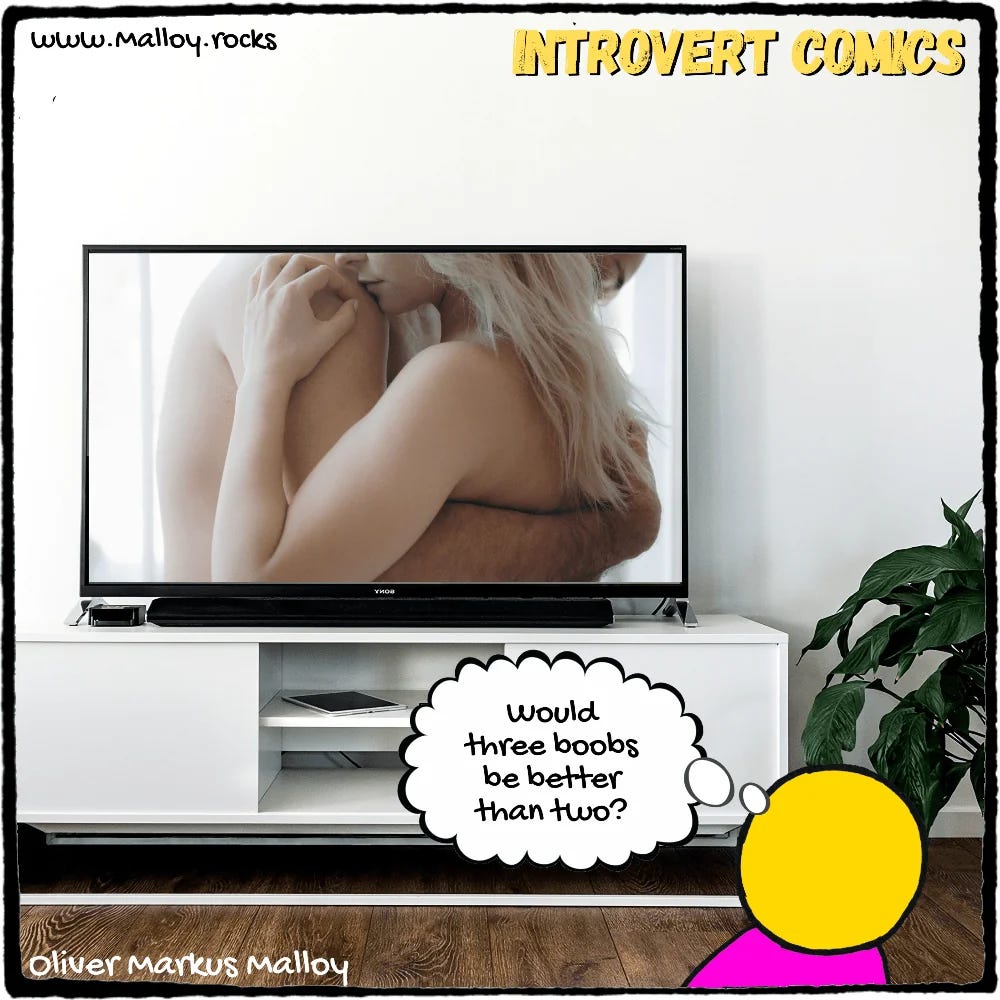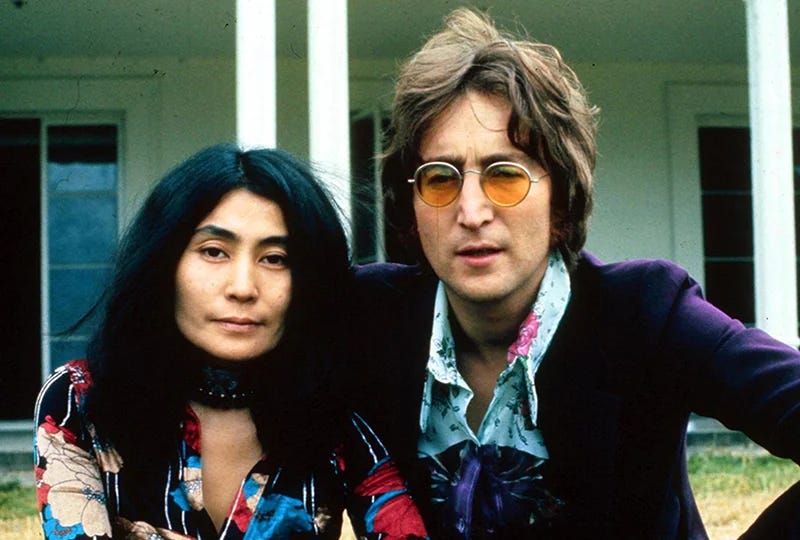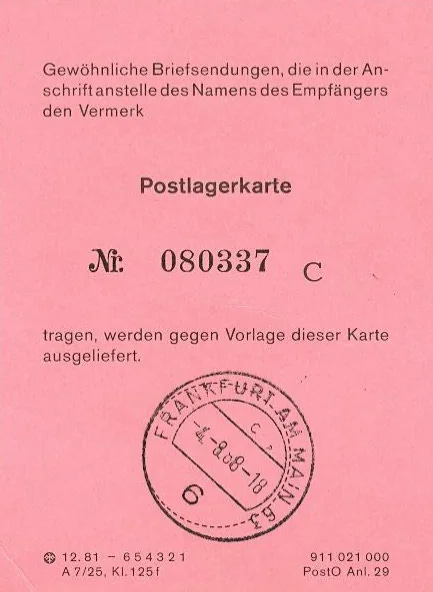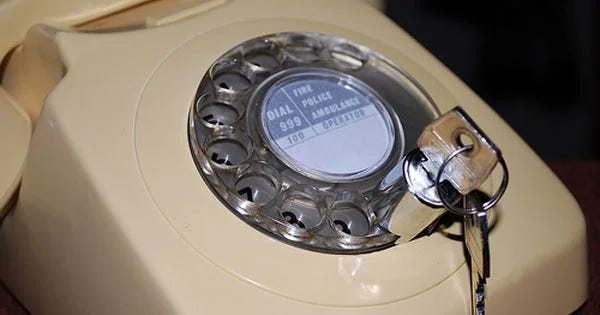"Any publicity is good publicity."
Unknown
Girls were rare in the hacking scene. I knew hundreds of guys in the scene, but there were only three or four girls.
Two of them were famous because they ran popular online boards. And of course they hated each other and had cat fights online.
Donna lived in New York, and her arch nemesis Tammy lived in California. Each one wanted to have the most important BBS, where the best crews uploaded their cracked games, or "warez" first.
Back then, having "zero day warez" (brand new cracked games that are not even one day old yet) on your BBS first was a big status symbol. The competition between the crews and the BBS they favored was fierce. Whoever had the most "first releases" (cracking and spreading a new game before anyone else) was considered the best or most elite crew. Being part of the hacker elite was everything back then.
Kids today think they sound cool when they spell everything wrong. That wasn't any different back then. The word elite for example was often spelled "leet" or "1337."
If a hacking crew associated with the BBS of one of those two girls to spread their first release warez, they weren't really welcome on the other girl's BBS.
Donna ran a very popular BBS that was frequented by many elite hackers from around the world. I decided to ask her to make her BBS in New York the exclusive headquarters for my European hacking crew, which meant we would upload all our warez on her BBS first. And then the leechers of other crews would have to come to her BBS to download our warez and upload them on other boards.
It also meant that the hackers who were loyal to Tammy's board in California were now automatically our enemies.
When I called Donna, we hit it off, and we ended up talking for hours. I started calling her every day.
Suddenly talking to her seemed so much more important to me than my hacking crew. I lost any interest in games, or whether my group was the most elite crew with the most first releases. All that seemed so stupid and unimportant all of a sudden.
The other guys in my crew started to notice that I had lost interest, and they began to call Donna my Yoko Ono. They felt Yoko was the reason why the Beatles broke up, and Donna was the reason why I lost interest in my crew. They were right.
My crew had gotten so big, with members in so many different countries, that the different cells of the crew didn't even know each other or talk to each other. For example, the Scottish musicians and graphic artists never talked to the German crackers, and the Swedish programmers never talked to the Swiss original suppliers.
I was the only link between all of them. I was the one who talked to everyone every day, and told everyone what needed to be done to work together as a team.
I would ask the programmer in one country to make a new cracktro, and then ask the graphic artist in another country to draw the logo, and ask the musician in yet another country to compose a tune, and ask the cracker in yet another country to use that cracktro in front of his latest release, and then ask the spreaders in yet another country to ensure that the crack was being spread around the world.
I was the backbone of the crew. Without me, nothing got done. So when I suddenly didn't call anyone in the crew anymore, and my line was always busy, because I was on the phone with Donna pretty much 24/7, things started to fall apart very quickly.
My crew was suddenly a body without a head. My crew fragmented and different splinter cells joined up with other crews. But I didn't care. Donna was all I cared about.
Donna and I had gotten so close, we literally never hung up the phone. There's a six hour time difference between New York and Germany, so when I got up in the morning to go to school, it was still the middle of the night in New York, and Donna was sleeping, but we were connected on the phone.
When I got home after school, we were still connected and it was time for her to wake up and we said good morning to each other.
The reason we never hung up and had a standing line was because at this time phreaking had become more and more difficult, because by now the phone network in the US was digital as well. It was getting harder and harder to get credit cards that lasted more than a day before they were shut down for abuse.
And blue boxing was getting harder too, because the phone companies experimented with filters that blocked the tone hackers played into the phone to get free lines.
It was an arms race between hackers and phone companies. Every time the phone companies made a change to stop blue boxing, hackers figured out the new frequencies and released new versions of their blue box software.
So rather than hanging up and risking that we may never be able to get another free international line again, Donna and I decided to simply stay connected all the time.
My parents started to wonder what I was doing in my room all the time, and who I kept talking to in English all day and night. They had every reason to be worried, because I had become so notorious as a hacker, that the German FBI had raided my parents' house twice.
The first time the FBI had actually been looking for me. But I got off with a warning, because I was still under age, and there really weren't any laws against cyber crime yet, because hackers were so far ahead of law enforcement in terms of computer knowledge.
A lot of the things hackers did back then were criminal but not technically illegal, because there were no laws against it yet.
After that raid, I decided to be extra careful, and moved all my equipment and software to a friend's house down the road. From that point on, there was nothing in my room, or anywhere else in my parents' house, that could get me in trouble. Well, except the fact that I was on the phone with America nonstop. But my parents didn't know that yet.
They were so pissed at me after the first raid, that they told me if I ever did anything illegal with computers again, they would kick me out and disown me.
But being a rockstar among hackers was addicting. I couldn't imagine my life just being a regular teenager, without having people all over the world know my name. So even though I promised my parents I stopped, I didn't.
After I moved all my stuff to my friend's house, I told my crew to spread the word that I, Goliath, had retired from the hacking scene and that I had opened a legitimate software company that was now going to produce video games. And that someone new, a hacker named Lucifer, was going to run my crew from now on.
But the truth was, that the new hacker with the name Lucifer didn't actually exist. It was still me, just using a different name, instead of my old name Goliath.
I liked the name Lucifer, not because I'm a satanist or devil worshipper, but because I thought it would be ironic, since the devil is also known as the Father of Lies or The Great Deceiver. And the existence of Lucifer the hacker was nothing more than a big lie.
After a little while, the new me, Lucifer, became just as famous as the old me, Goliath. Lucifer was the head of a hacking crew. Meanwhile Goliath was now the head of a software company.
There were a couple of official computer magazines that reviewed video games and occasionally mentioned the fact that there was an underground hacking scene.
And then there were several underground fanzines, or "scene mags" as we called them, produced by hackers. In those scene mags, hackers wrote about the scene and its celebrities. I was interviewed as Lucifer as well as Goliath a bunch of times.
I decided that producing my own scene mag would be a great way to promote my hacking crew with articles that were biased in my crew's favor.
Of course my scene mag wouldn't have any credibility, if people knew that I was just patting myself on the back. The praise for my hacking crew would sound a lot more legitimate, if it was written by a third party, who was not a member of my crew.
So I decided that it would be a good idea to let Goliath, who was retired from the hacking scene and officially had nothing to do with my hacking crew anymore, write the articles about my crew as an independent third person.
My scene mag ended up being one of my crew's greatest promotional tools.
I liked to blaze a new trail, off the beaten path, instead of following in someone else's footsteps. I always tried to dream up new ways of doing things that nobody else had thought of yet. Or come up with some new creative idea that would wow everyone.
By now I had recruited so many excellent members into my crew, that every one of them was better at their job than I was. Except creative thinking. That was my specialty. I was the guy with the ideas, and then I asked one of my crew members to turn my idea into reality.
While thinking about the easiest and cheapest way to produce and distribute a scene mag, I decided to create the magazine as a software file, not on paper. It was the first time ever that a scene mag had been produced in a digital format.
Later that idea became so popular that almost every other crew decided to produce a scene mag in digital form as well. There were hundreds of copycats trying to imitate my success.
But my digital scene mag wasn't just popular because it was the first. I had a natural knack for self-promotion and guerrilla marketing. I tried to come up with the catchiest title I could, so I ended up with the name "Sex and Crime."
Come on, admit it, the headline of this chapter made you curious, didn't it?
Well, back then, when I called my scene mag Sex and Crime, it had the same effect. It had nothing at all to do with sex, but I knew everyone would be curious to read it.
And let's be honest, you really don't give a crap about all the hacking stuff I'm talking about right now. The first chapter about prostitution caught your interest, and now you're trudging through this chapter, hoping I'll get back to the juicy stuff soon.
Don't worry, there's enough sex in this book to make a crackwhore blush. But I have to explain some stuff about my background first, or the rest of the book won't make any sense. So bear with me.
Anyway, I purposely used a pretty cocky, abrasive writing style in Sex and Crime, to stir up some drama. My confrontational style quickly became the talk of the scene.
Some of the things I wrote were so inflammatory, people had to vent about it on online forums. So suddenly everyone in the scene was talking about Sex and Crime, just as I had hoped.
I enjoyed playing the role of agitator, and people from competing hacking crews didn't even realize that the more they bitched about the things I wrote, the more credibility and notoriety they were adding to my scene mag.
Thanks to all the positive as well as negative feedback I was getting, the things I wrote actually mattered. Suddenly I was the most important opinion maker in the scene.
The more popular Sex and Crime became, the more powerful of a promotional tool for my hacking crew it became. At the height of its popularity, about half a million sceners around the world were reading my scene mag every month.
Germany's largest magazine publishing house ended up distributing Sex and Crime as a bonus on the floppy disk that accompanied their monthly computer magazine. So my mag ended up being sold on every newsstand, and I was actually getting paid to write about the scene and promote the shit out of my hacking crew. Sweet!
But of course I also wrote about other things besides my crew. At that time a bunch of right-wing skinhead extremists had discovered that the online hacking scene was a great medium to spread their verbal diarrhea. I wrote an article in Sex and Crime against those skinheads and their racist message.
A computer show on German TV noticed my article and invited me to be a guest on their show and have a debate about racism with a skinhead.
I was excited that they asked me to be on TV, but I was too shy to actually go. And I figured, even if I win the televised debate with the skinhead, his bonehead buddies would just beat me up in the parking lot after the show.
Anyway, I lived a double life as Goliath and Lucifer for several years. I did whatever I could to not get in trouble with the law again, without actually stopping what I was doing in the hacking scene. So I fully committed to the story of there being two different people.
I had two different PO boxes, one for Goliath and one for Lucifer. I even had two different handwriting styles. Whenever I mailed out a floppy disk with cracked games as Lucifer, the hand writing looked completely different than the hand writing I used when I mailed out a disk with the latest issue of Sex and Crime as Goliath.
Under the name Lucifer I was not only the leader of my hacking crew, but also the first mega-swapper. Conventional swappers had about 15 or 20 contacts in other crews with whom they exchanged floppy disks to spread their crew's warez. I took it to the extreme. Every time my crew released a new game, I mailed out floppy disks to about 200 different people.
If I remember correctly, proper postage for an oversized envelope containing a floppy disk cost about $1.70 back then.
Most other swappers re-used their stamps over and over again to save money. They shellacked their stamps with a coat of clear glue. Once the glue dried, you couldn't see it anymore, but when the post office cancelled the stamp, their ink didn't stick to it.
So the receiving swapper could take the stamp off the envelope, wipe the ink off, and then use the same stamp on the return envelope. The same stamps were being reused over and over again.
To me that seemed way too risky, because they were clearly defrauding the postal service. So I came up with a different trick: Instead of putting the proper $1.70 postage on each envelope, I only put a one cent stamp on it.
The German postal service delivered my packages to my contacts around the world anyway, but calculated the missing postage and charged the recipient $1.69 plus a steep penalty.
Even though people were happy to get disks from me with the latest games, they were pissed that they had to pay a few bucks every time they got one of my packages.
Then I figured out that if I sent out a massive amount of packages all at once, the clerk in the local post office who is supposed to calculate the missing postage for each package would be overwhelmed and simply forward the packages through the system without doing all that tedious math. It worked! That's why I mailed out 200 packages at a time, instead of the usual 15 or 20.
After a while, the post office realized that what I was doing was intentional, and that I was defrauding the post office by overwhelming them with hundreds of packages with improper postage on purpose every few days. Suddenly the postal police was on my trail.
Luckily my uncle just so happened to be working for the main post office in Aachen, and he was in charge of the PO box department. So when the postal police investigated who owned Lucifer's PO box, which was the return address on all those packages with insufficient postage, the warrant landed on my uncle's desk.
Back then PO boxes in Germany were free and anonymous, similar to Swiss bank accounts. All you had to do was ask a clerk for a box number, and he handed you a little pink card with a PLK number on it. Then people could send mail to that PLK number, and you could go pick up your mail at the post office by showing the clerk the little pink card.
My uncle knew that I had something to do with computers and that I received a lot of packages with disks from people around the world every day. But he didn't know any details.
He called me and asked me if I knew someone named Lucifer, and if I did, to tell him to stop that 1 cent stamp nonsense or face jail time, because the postal police was watching Lucifer's PO box.
I had no choice but to abandon that PO box and rip up my pink card. That was the end of my career as mega-swapper. But I continued to hang out on my crew's online headquarter every day.
I realized that the police was circling closer and closer around me and that I had to be even more careful about my double life from now on.
I even went so far as to ask one of my school friends to come to copy parties with me, to pretend to be Lucifer, so that people saw Lucifer and Goliath at the same place at the same time, and nobody would get the idea that it was really just me using two different names.
All the other members in my crew knew the truth, but they kept their mouths shut and didn't reveal it to anyone else outside of our crew. They understood the necessity of my lie to avoid arrest.
A few months later, the German FBI suddenly raided my parents' house a second time anyway. But this time they weren't even looking for me, neither under my new name Lucifer nor under my old name Goliath.
They had been looking for a different hacker, who called himself Pentagon. Someone had Pentagon's name in his little black contact book, and had accidentally written my address under Pentagon's name. So the FBI came to my house, looking for someone else.
Luckily there was nothing incriminating in my room, but my parents totally freaked out on me anyway.
From that point on I was really on thin ice with them. And they started to become more and more suspicious about me locking myself in my room and being on the phone all the time.
They even thought I might be on drugs and had a little intervention on one of the rare occasions they happened to catch me outside of my room in the hallway.
Then at some point they finally caught on to the fact that I was connected to America 24/7 and they went ape shit! They did the math, and it turned out that within just a few months, I had spent enough time on international calls, that if I got caught, they would have to pay over a million dollars in phone charges.
This was before cell phones. Everyone still used regular landlines, and the phone in my room was on their account. So they locked my phone. I could still receive calls, but I couldn't make calls, because the dial pad was locked.
Then I figured out that I could still dial numbers, if I took the receiver off the phone and tapped on the little contact button the receiver rested on, when you aren't using the phone.
If I had to dial a 3, I had to quickly tap that button three times. If I had to dial a 9, I had to quickly tap it nine times.
It was incredibly tedious, especially for long international phone numbers, because if I miscounted, I had to hang up and start all over again. It was such a pain in the ass!
Eventually my parents realized that despite the lock they put on my phone, I was still able to make phone calls somehow. So they took my phone away altogether.
That made my long distance relationship with Donna all the more difficult. Since I couldn't call her from the house anymore, I recorded the blue box tone on a tape and then I went to public phone booths and held up my walkman to the phone and played the tone that gave me a free international line to call Donna in New York.
I spent hours in phone booths every day. Winter came and it was freezing. I ended up catching pneumonia.
By then I had graduated from school and was now working in a school for mentally handicapped kids. Back then they still had a military draft in Germany, and every male over 18 had to join the army for a year.
I have always had a problem with authority. The idea that some knuckle-dragging sergeant, with half my IQ, was going to boss me around didn't sit too well with me.
I figured as soon as someone tells me to crawl through the mud, I'm gonna tell them to go fuck themselves, and then I'll spent a year in some army jail cell. Not my idea of fun.
So I became a conscientious objector. If you refuse to join the army on moral grounds, you have to give them a good reason why you are against killing someone on command. You could either go to an oral interview and try to convince the panel that you're not army material, or you could write an essay.
The interview basically consists of a bunch of trick questions:
Imagine you walk through the woods with your girlfriend, and suddenly a guy tries to rob you and kill her. You have a gun. Do you shoot the guy to save your girlfriend's life?
If you say no, they tell you you're lying, because of course you would do anything to save her life.
If you say yes, they tell you, "see, you would fire a gun and kill someone if necessary, so you are fit to join the army."
There is no right answer for these types of questions.
I figured the essay would be easier. It worked. I didn't have to join the army for a year, and I got to work with handicapped kids for a year and a half instead.
They made the civilian service longer, so that it deters people from taking "the easy way out" of their military service.
I enjoyed working with those kids and I even planned on going to college to become a special ed teacher and work with handicapped kids for a living.









